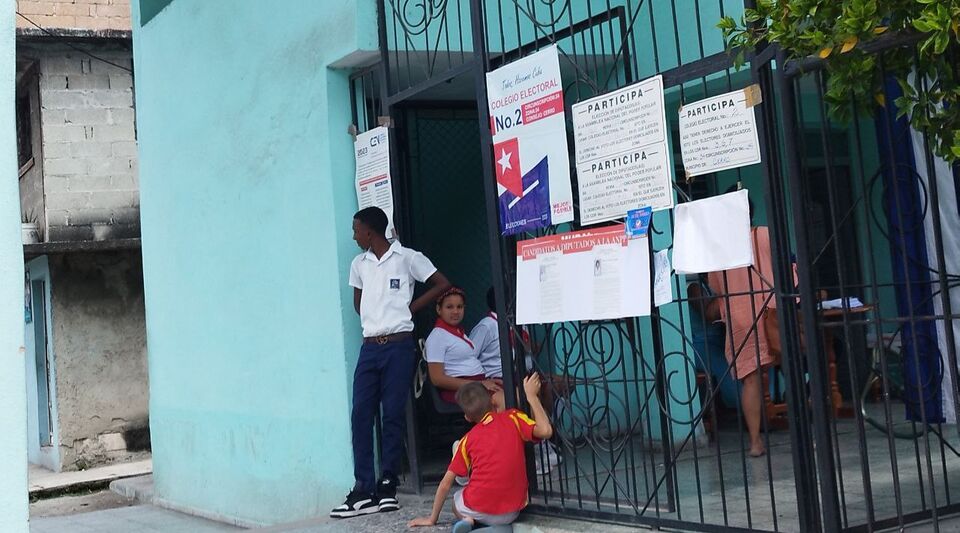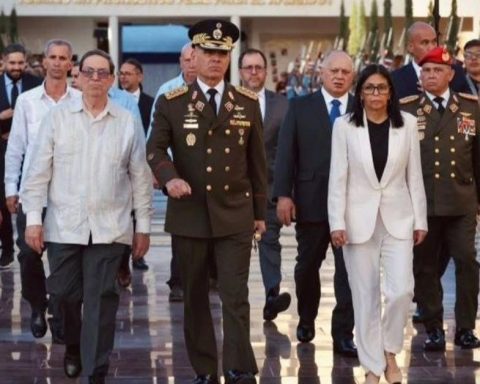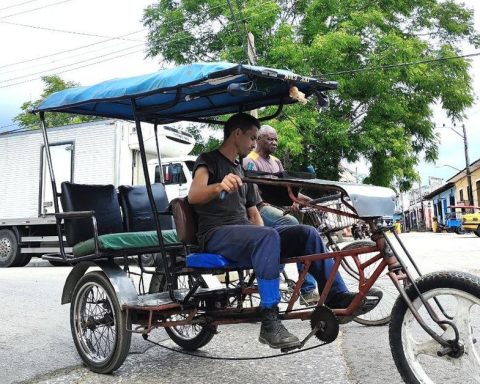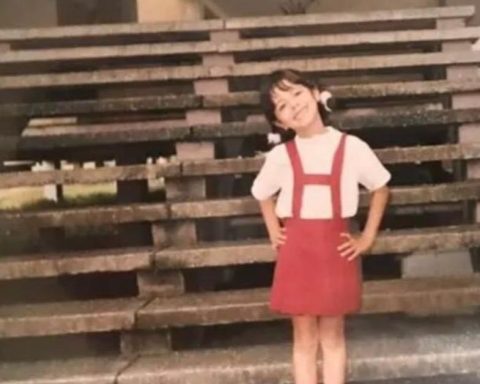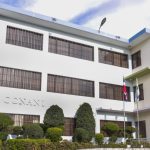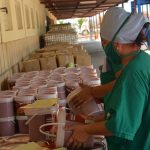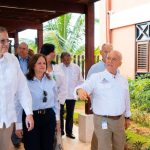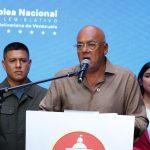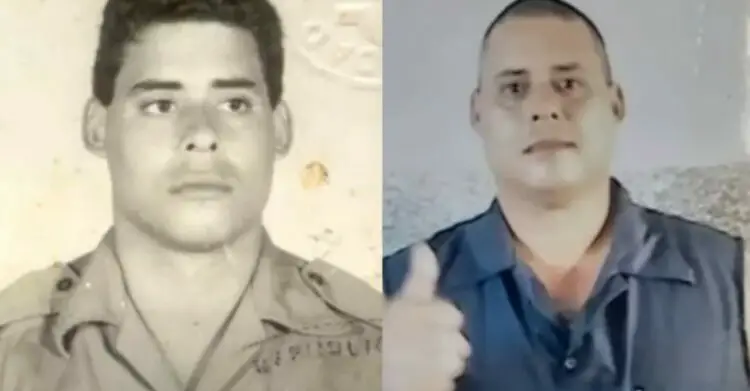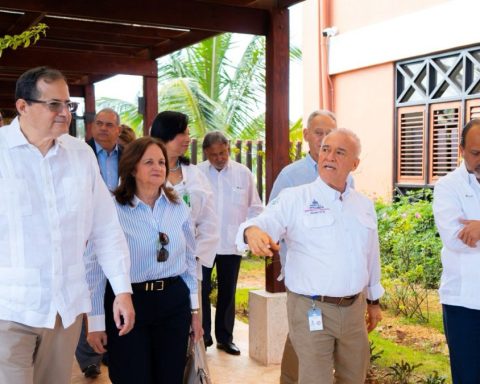Although the vote on March 26 “reaffirmed revolutionary convictions,” according to this Wednesday Miguel Díaz-Canel in a meeting before the Council of Ministers, the president had to spend long minutes defending the legitimacy of a process after which 2.5 million Cubans residing on the island were left without representation.
This last fact has been denounced by the opposition organization D Frontwhich released a statement the same day stating that the sum of those who abstained, voted blank and canceled their ballot, indicates that 33.8% of voters “are not in favor of the continuity of the current Cuban political order.”
Aware that the elections have left a record abstention rate (24%) since 1959, Díaz-Canel focused on minimizing the importance of one in four Cubans not attending their appointment with the polls through comparison with another geographical context (USA), while rejecting that is compared with another temporary context, that of the Legislatives of five years ago, where only 15% of the register abstained.
“The same press that makes up electoral results of first world nations that are neither blocked, nor attacked, nor subjected to a huge media campaign, and participation barely exceeds 60%”
“The comparison that the enemy intends to make between these results and those obtained in the 2018 national elections is opportunistic, since they are totally different electoral contexts,” he said, and recounted how the situation on the island has worsened in this five-year period, presumably due to the aggravation of blockingits supposed consequences –from the lack of electricity to the lack of credit in international markets– and the media “smear campaign” from the US.
More pertinent, on the other hand, it seemed to Díaz-Canel to compare the data with the elections of democratic and multiparty systems that bear little relation to the Cuban framework. “The same press that makes up electoral results of first world nations that are neither blocked, nor attacked, nor subjected to a huge media campaign, and participation barely exceeds 60%,” he argued.
The president also spent a good part of the time justifying electoral transparency. Activists and opponents – supported by the images published by citizens, the independent and even official press – have questioned the participation figures offered by the National Electoral Commission (CEN), but Díaz-Canel defended that there is no proof that there have been illegalities in the process.
“Even though the counterrevolutionary campaign insists on presenting the elections as lacking in transparency, the truth is that they do not have a single proof, not a single evidence of any irregularity,” he introduced. From there, he began an explanation about the different processes that lead to the approval of candidacies and in which, in his opinion, everything is open to the public.
The president turned into extraordinary common events in any election, such as that the ballot boxes are empty when the table is constituted or that the ballots are counted in front of the attendees
The fact that there is no independent candidate or that they do not subscribe to the official discourse does not surprise the General Secretary of the Communist Party, who has plenty of international observers who, even in democracies recognized and controlled by the population, such as the United States or SpainThey oversee the electoral process. “We do not need international observers, the entire town has the right, the possibility and the power to be an observer and it does so.”
The president turned extraordinary facts habitual in any election, such as that the ballot boxes are empty when the table is set up or that the ballots are counted in front of the attendees, a half-truth, since the director of this newspaper, Yoani Sánchez, tried to exercise that right in 2019 and was only able to do so after an act of repudiation and many obstacles.
For Díaz-Canel, however, Cuba could not be more proud. “One would have to ask why this biased and tendentious look: simply, comrades, because we are an example for the world. And that example must continue to be defended, and that example must also be defended with the encouragement that this result of the people has given in these elections,” he added.
The president also showed some percentages of participation that in his opinion endorse the “show of civility, but also of patriotism, of loyalty to the Revolution” of the people in the midst of difficulties. “There is expectation, there is confidence, and I believe that we all have to work as part of that learning process to seek, above all, an economic response to the situation that the country presents,” he said before listing the long list of daily problems of Cubans, ranging from lack of food to housing or water, deficiencies in education, health and transportation or the alarming increase in violence of all kinds.
He did not offer any solution before them, beyond a purpose of amendment rather based on magical realism that will promote “tremendous energy to continue advancing”
He did not offer any solution before them, beyond a purpose of amendment rather based on magical realism that will promote “tremendous energy to continue advancing, because in these elections Cuba won.”
A vision that differs from the one detailed by D Frente in its statement, in which it considers the vote a “confirmation consultation of deputies previously designated for those positions.” The organization denounces the harassment and arrests against those who tried to promote abstention, something that is prohibited in Cuban Law although it is legal in most countries in which voting is not mandatory, as well as direct or indirect coercion on voters to cast their vote and do so in the appropriate sense.
“Even though the process did not have the supervision of independent observer institutions or the minimum guarantees of a democratic electoral process, the results published by the CEN show the continuous erosion of the current political regime,” considers D Frente, which urges elected deputies to consider the problem of representativeness of the system and demands “that all political prisoners be released; respect the human rights of all Cubans without political discrimination; recognize political pluralism; and begin a transition process to save the country from the crisis in which he lives”.
________________________
Collaborate with our work:
The team of 14ymedio He is committed to doing serious journalism that reflects the reality of deep Cuba. Thank you for accompanying us on this long road. We invite you to continue supporting us, but this time becoming a member of our newspaper. Together we can continue transforming journalism in Cuba.
